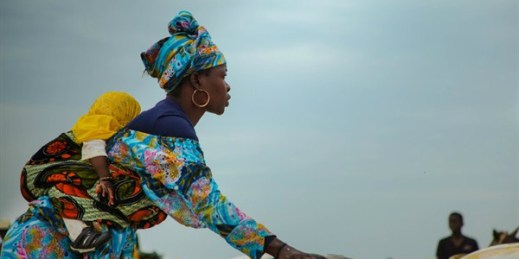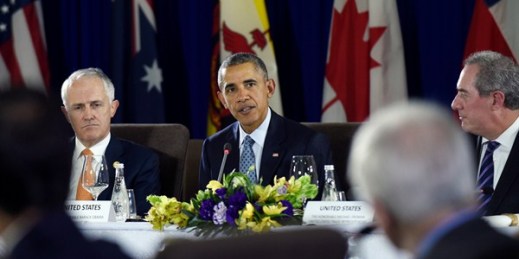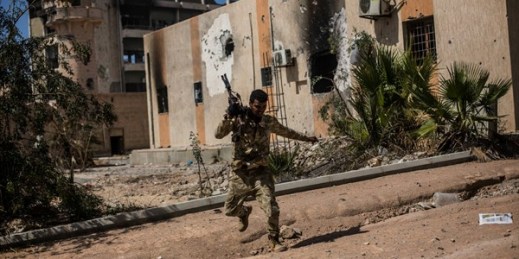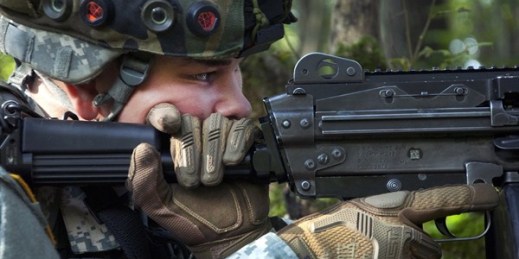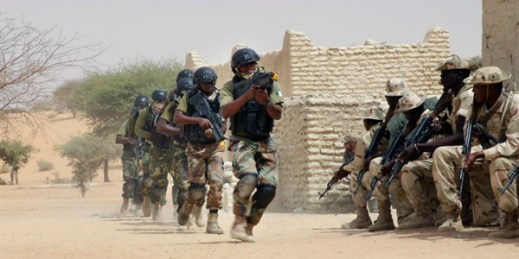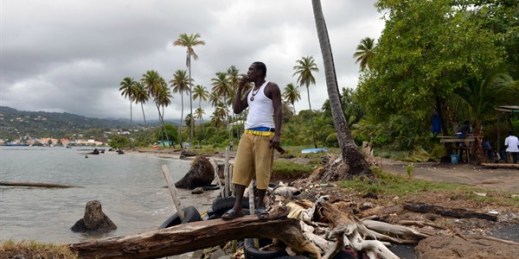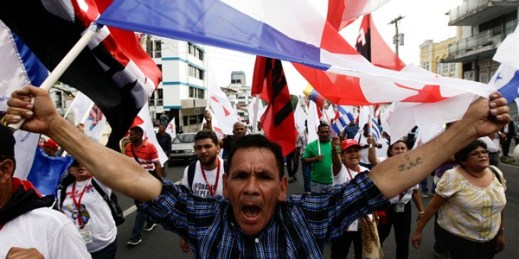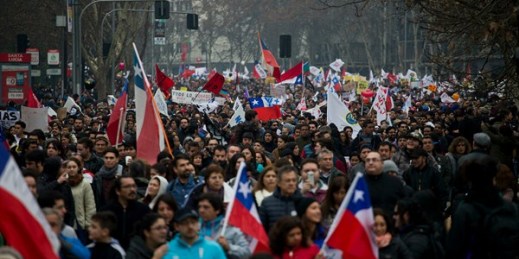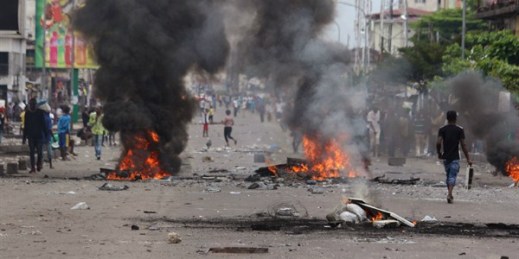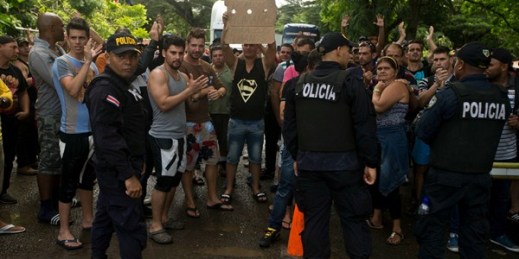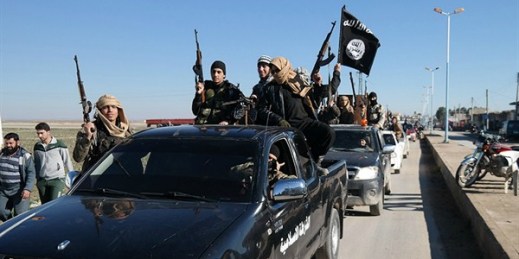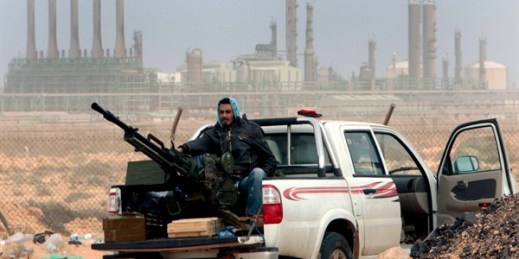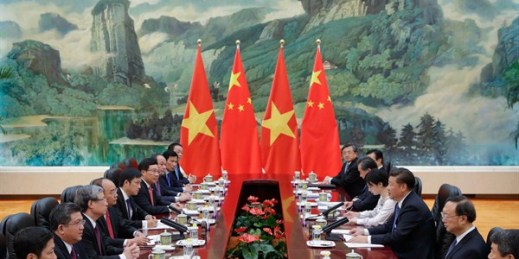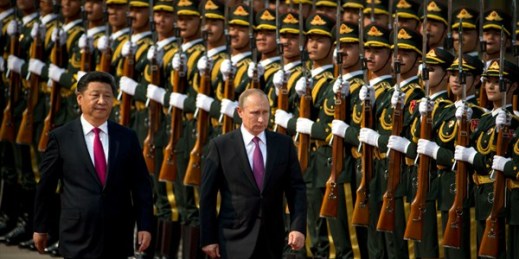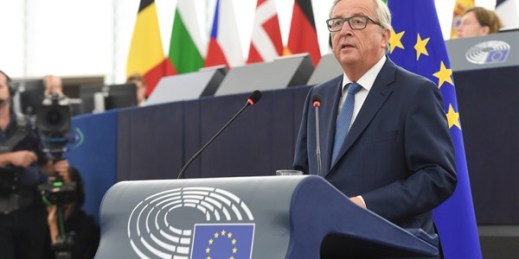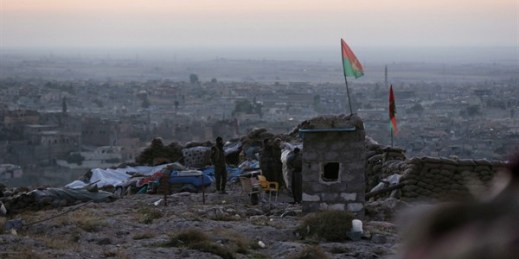
The United Nations took a historic step earlier this month, for the first time naming a victim of human trafficking as a goodwill ambassador for the dignity of survivors of such atrocities. Nadia Murad Basee Taha, a 23-year-old Yazidi woman who survived months of captivity as a sex slave of the self-proclaimed Islamic State, was appointed to the position at a ceremony at U.N. headquarters in New York. She gives an international voice to the brutalized young women and children of the Yazidi religious minority, the victims of barbarity and sexual enslavement in northern Iraq. Murad’s new role provides some […]

